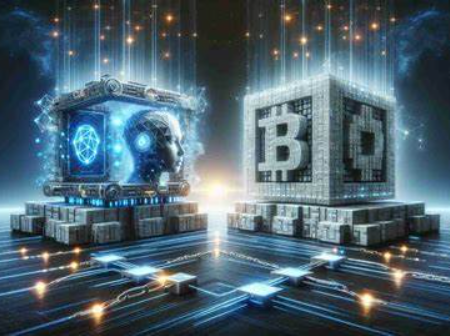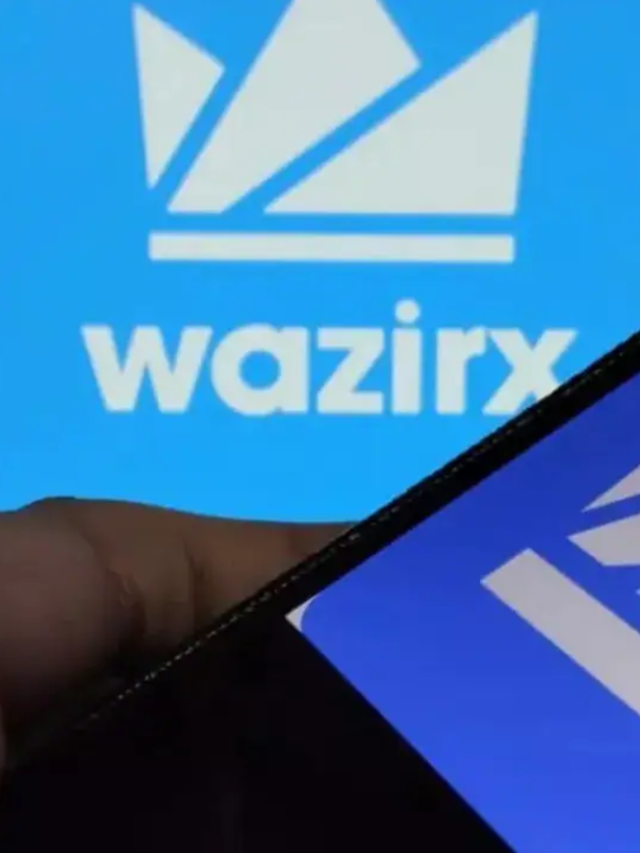DeSci vs. DeFi
Could Decentralized Science be the next blockchain breakthrough like Decentralized Finance (DeFi) was in 2017? DeSci is gaining attention for its ability to transform scientific research using blockchain technology. Early projects show promise, and big investors are starting to take notice.
Decentralized Science uses blockchain to make research more transparent, collaborative, and rewarding. Tools like blockchain tokens, NFTs, and decentralized autonomous organizations (DAOs) give researchers new ways to work together globally. This mirrors how DeFi shook up traditional finance by cutting out middlemen and allowing direct transactions.
The Growing Buzz Around DeSci Tokens
DeSci tokens are slowly gaining popularity. Just like DeFi tokens dominated the 2017 crypto boom, Decentralized Science tokens could be next. Currently, the top DeSci tokens have a combined market cap of under $1 billion—similar to where DeFi tokens started. Experts think these tokens could follow a similar growth path, with big rewards for early investors.
Major blockchain players are already betting on Decentralized Science. Binance Labs, Solana Foundation, and Grassroots DAOs have all invested in the space. Their support is helping DeSci gain credibility and attract more interest, just like what happened with DeFi in its early days.
OriginTrail (TRAC)
One standout project is OriginTrail (TRAC). It focuses on decentralizing scientific data using AI. TRAC’s token has soared 127% since October and earlier saw gains of 645% between late 2023 and early 2024.
Other promising tokens include Rifampicin (RIF), Hypocrite (HPO), and ResearchCoin (RSC). With low market caps, they’re catching the eye of investors looking for the next big opportunity in the crypto world.
Decentralized Science tokens might just be the next big chapter in blockchain’s story.



















